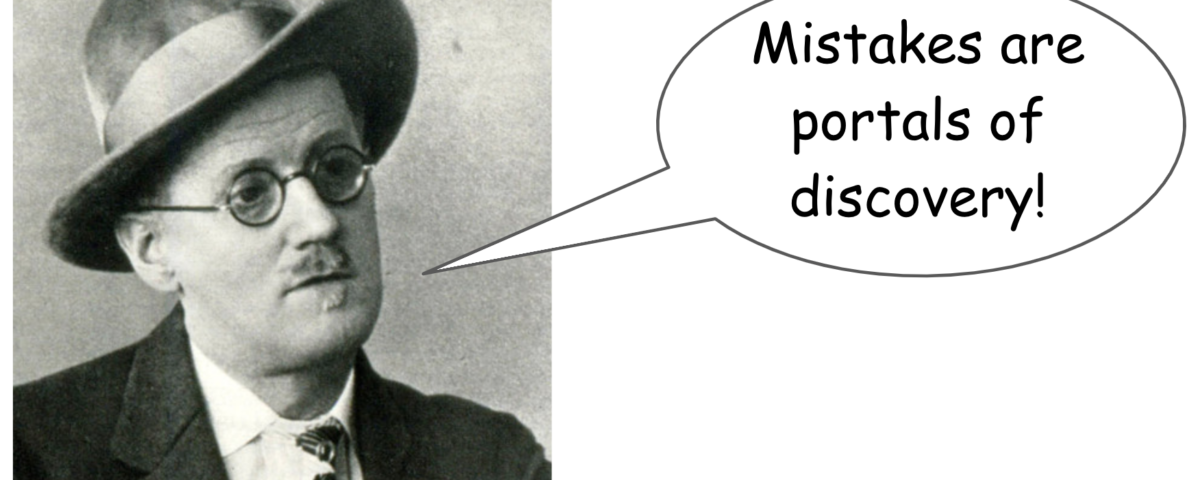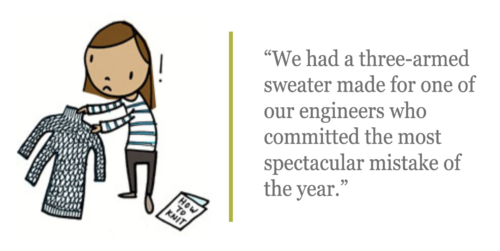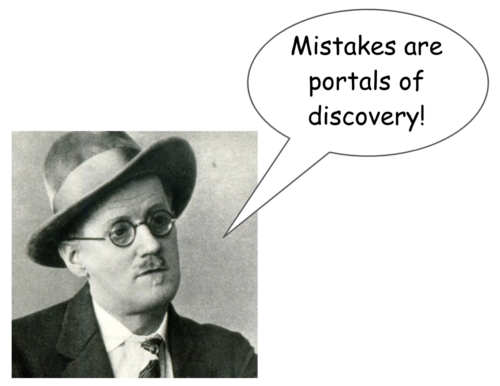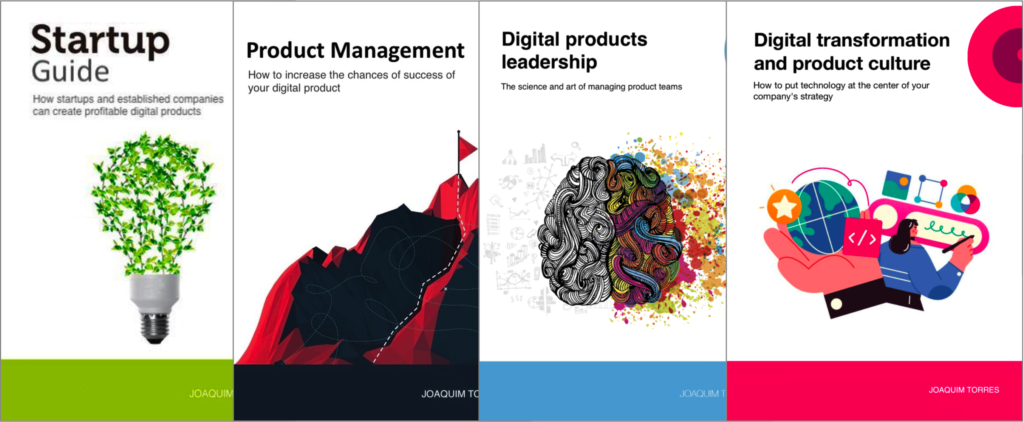
Case study: Dasa Group
30 de April, 2024
Continuing Education Program New instructors
9 de May, 2024I have already explained that discovery is not a process; it’s a set of tools to help us mitigate product development risks. In addition to this set of tools to help us avoid risks, we also need to understand that:
Product discovery is a mindset.
According to Wikipedia, mindset is:
an established set of attitudes of a person or group concerning culture, values, philosophy, frame of mind, outlook, and disposition.
In other words, it is the way we see things. I will give two examples that illustrate discovery as a way of seeing things well.
Osteria Francescana
Osteria Francescana is a 3-star Michelin restaurant in Modena, Italy. Michelin stars are given in the Michelin Guide to classify the quality of restaurants. The Michelin Guide is a tourist guide first published in 1900 by André Michelin, founder of the Michelin company, a tire manufacturer, to promote tourism and, consequently, the nascent automobile market of which his company was part.
According to the Guide, one star means “a very good restaurant”, two stars are “excellent cuisine worth a detour” and three stars mean “exceptional cuisine worth a special trip”. The list of starred restaurants is updated once a year.
Once, Takahiko Kondo, Sous Chef at Osteria Francescana, was preparing dessert, a lemon pie, when the pie accidentally fell from the plate onto the counter. The problem was that there were no more lemon tarts to serve. At that moment, Massimo Bottura, Chef of the restaurant, said:
He was ready to kill himself because he is Japanese, and Japanese people don’t make mistakes, or they make mistakes, but they can’t. So I saved Taka’s life by saying, ‘Taka, this is amazing. It’s the metaphor for southern Italy. You’re breaking the boundary between sweet and savory, and it doesn’t matter if it’s perfect.’
Thus, the dessert “Oops, I dropped the lemon tart!” was born and is one of the restaurant’s most famous dishes.
Etsy
Etsy is an American e-commerce company founded in 2005. Its focus is on crafts. The company’s product development team has a blameless culture. This means that instead of looking for someone to blame when things break, they try to learn from their mistakes.
Once, an engineer who had just joined the company a week ago was reviewing his packages to send to production and noticed an old file that wasn’t being used for anything. As that file was old and had not been modified for years, this engineer decided to delete the file and pushed her files into production. A few minutes later, the entire Etsy website went offline!
What did they do?
A. They fired this engineer
B. They banned this engineer from putting things into production
C. They created rules so that only people with X months of Etsy could put things into production
D. They created rules so that every deployment was reviewed by 5 people before going to production
E. None of the above
The correct answer is E, none of the above. They gave this engineer the 3-armed sweater award for the error that helped find a weakness in the system. How is it possible that deleting a single file could bring down the entire website? This is Etsy’s blameless culture.
As the Irish author James Joyce said:
Mistakes are portals of discovery!
Workshops, coaching, and advisory services
I’ve been helping companies and their leaders (CPOs, heads of product, CTOs, CEOs, tech founders, and heads of digital transformation) bridge the gap between business and technology through workshops, coaching, and advisory services on product management and digital transformation.
Digital Product Management Books
Do you work with digital products? Do you want to know more about managing a digital product to increase its chances of success, solve its user’s problems, and achieve the company objectives? Check out my Digital Product Management books, where I share what I learned during my 30+ years of experience in creating and managing digital products:
- Digital transformation and product culture: How to put technology at the center of your company’s strategy
- Leading Product Development: The art and science of managing product teams
- Product Management: How to increase the chances of success of your digital product
- Startup Guide: How startups and established companies can create profitable digital products





